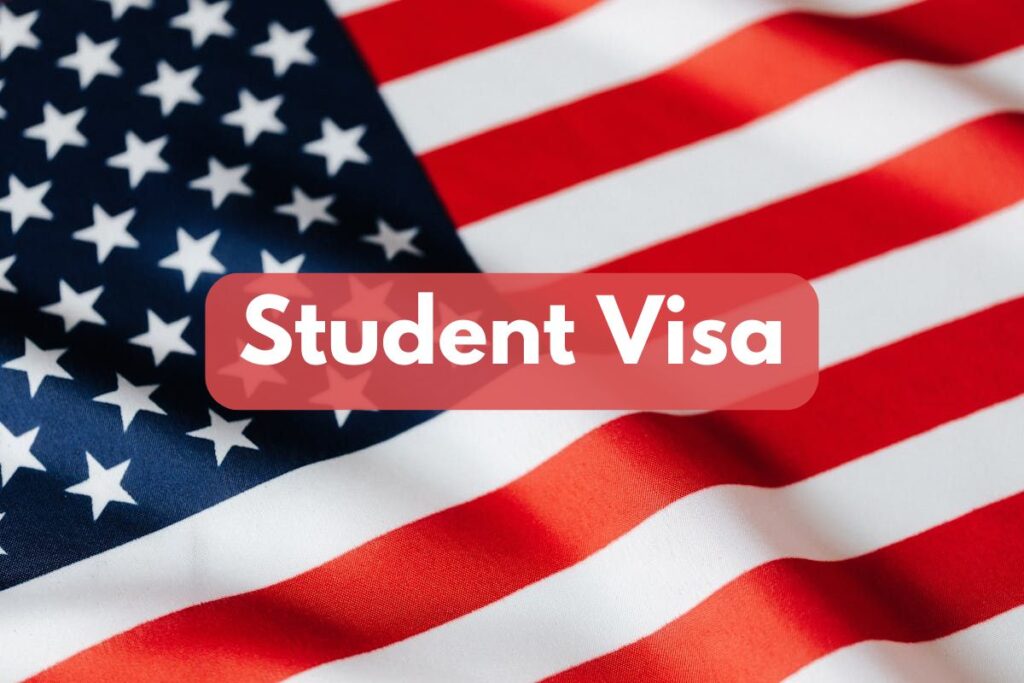The United States has reinstated student visa processing, removing the suspension—but with updated screening protocols requiring applicants to publicize their social media profiles. Consular officers will examine online activities for any signs of animosity towards the US, prompting privacy concerns among international students who are gearing up to study overseas.
The US has officially resumed its processing of student visas (F-1 Visa), providing relief to countless international students. Nevertheless, this return introduces a significant modification: compulsory social media scrutiny.
On Wednesday, the US State Department revealed that all applicants for international student and exchange visitor visas are now mandated to keep their social media accounts public for comprehensive examination by consular officers.
Reasons Behind the Suspension of Student Visa Issuance
The student visa initiative was put on hold in May 2025 as part of measures to enhance digital background checks. This decision, enacted during the Trump administration, left many potential students globally uncertain about their futures.
As the start of the academic year loomed, the pause led to confusion for international students striving to finalize travel arrangements, find accommodations, and enroll in classes in the US.
New Directive: Public Social Media Accounts
According to the new regulations, student visa applicants must:
- Change the privacy settings on all social media networks to public
- Permit US consular officials to assess their posts and messages
- Fully cooperate with the screening process or they may face rejection
The State Department has indicated that a refusal to grant access to social media may be seen as an effort to conceal potentially problematic behavior.
What Are Consular Officers Searching For?
US visa officers will be scrutinizing social media accounts for:
- Posts or materials viewed as confrontational towards the United States
- Remarks that undermine American governmental institutions or cultural principles
- Any indicators that could suggest security or ideological risks
The department states that this intensified evaluation is vital to ensure that “every individual seeking to visit our nation” conforms to US values and does not pose a threat to public safety.
Steps to Apply for a US F-1 Student Visa
To apply for a US F-1 Student Visa, follow these instructions:
- Obtain acceptance from a SEVP-recognized US educational institution.
- Receive Form I-20 from your school.
- Pay the SEVIS fee via the internet.
- Fill out the DS-160 form on the US visa portal.
- Book your visa interview at a US embassy or consulate.
- Participate in the interview with necessary documentation, including Form I-20, passport, financial proof, and academic transcripts.
Be sure to set your social media profiles to public, as the new scrutiny will apply.
Reactions from the Global Student Community
This policy adjustment has raised alarms among international students and education advocates. Many are concerned about privacy violations and ambiguity regarding what defines “hostile” content.
Several students have voiced concerns that older postings, potentially taken out of context, might jeopardize their educational prospects in the US.
Implications for Future Applicants
- Assess your social media engagement prior to applying
- Refrain from deleting posts without caution, as this might cause suspicion
- Make sure your profiles are publicly available during the application process
The US continues to be a leading choice for international education, but with the added digital examination in the application process, students must exercise heightened awareness.
A New Chapter for US Student Visas
Although the resumption of student visa services is positive news, the necessity for social media openness represents a considerable shift. Applicants ought to stay informed, prepare diligently, and ensure their online image is favorable during the visa evaluation.
Fonte: Travelo Biz


